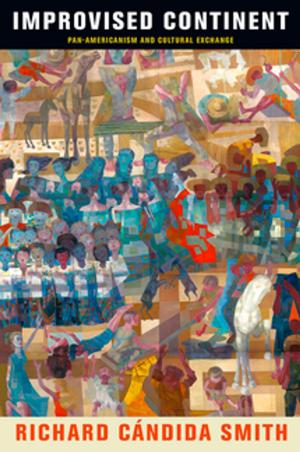Red Matters
Native American Studies
Nonfiction, Social & Cultural Studies, Social Science, Cultural Studies, Native American Studies, Ethnic Studies| Author: | Arnold Krupat | ISBN: | 9780812200683 |
| Publisher: | University of Pennsylvania Press, Inc. | Publication: | August 3, 2010 |
| Imprint: | University of Pennsylvania Press | Language: | English |
| Author: | Arnold Krupat |
| ISBN: | 9780812200683 |
| Publisher: | University of Pennsylvania Press, Inc. |
| Publication: | August 3, 2010 |
| Imprint: | University of Pennsylvania Press |
| Language: | English |
Arnold Krupat, one of the most original and respected critics working in Native American studies today, offers a clear and compelling set of reasons why red—Native American culture, history, and literature—should matter to Americans more than it has to date. Although there exists a growing body of criticism demonstrating the importance of Native American literature in its own right and in relation to other ethnic and minority literatures, Native materials still have not been accorded the full attention they require. Krupat argues that it is simply not possible to understand the ethical and intellectual heritage of the West without engaging America's treatment of its indigenous peoples and their extraordinary and resilient responses.
Criticism of Native literature in its current development, Krupat suggests, operates from one of three critical perspectives against colonialism that he calls nationalism, indigenism, and cosmopolitanism. Nationalist critics are foremost concerned with tribal sovereignty, indigenist critics focus on non-Western modes of knowledge, and cosmopolitan critics wish to look elsewhere for comparative possibilities. Krupat persuasively contends that all three critical perspectives can work in a complementary rather than an oppositional fashion.
A work marked by theoretical sophistication, wide learning, and social passion, Red Matters is a major contribution to the imperative effort of understanding the indigenous presence on the American continents.
Arnold Krupat, one of the most original and respected critics working in Native American studies today, offers a clear and compelling set of reasons why red—Native American culture, history, and literature—should matter to Americans more than it has to date. Although there exists a growing body of criticism demonstrating the importance of Native American literature in its own right and in relation to other ethnic and minority literatures, Native materials still have not been accorded the full attention they require. Krupat argues that it is simply not possible to understand the ethical and intellectual heritage of the West without engaging America's treatment of its indigenous peoples and their extraordinary and resilient responses.
Criticism of Native literature in its current development, Krupat suggests, operates from one of three critical perspectives against colonialism that he calls nationalism, indigenism, and cosmopolitanism. Nationalist critics are foremost concerned with tribal sovereignty, indigenist critics focus on non-Western modes of knowledge, and cosmopolitan critics wish to look elsewhere for comparative possibilities. Krupat persuasively contends that all three critical perspectives can work in a complementary rather than an oppositional fashion.
A work marked by theoretical sophistication, wide learning, and social passion, Red Matters is a major contribution to the imperative effort of understanding the indigenous presence on the American continents.















